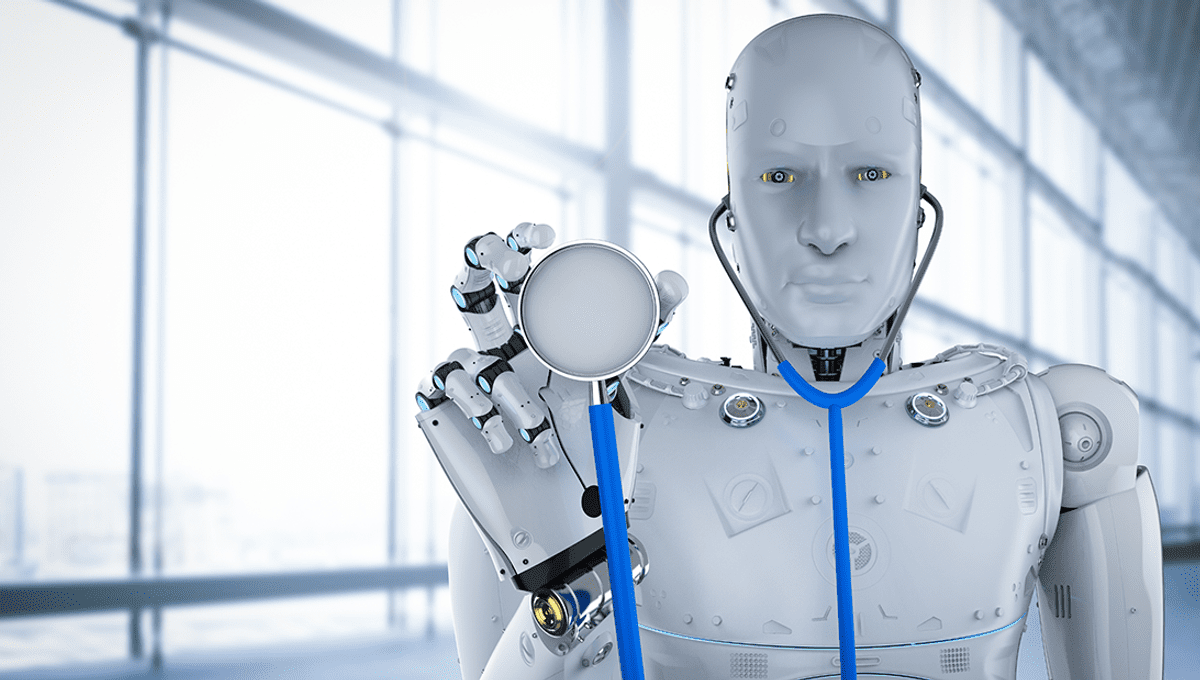AI-powered tools like ChatGPT are beginning to have a profound impact on life-and-death decisions, with some doctors already experimenting with their potential for diagnosing patients and recommending treatments. The latest update, GPT-4, can achieve perfect scores on medical licensing exams, and even excel at tasks previously thought to require human empathy, such as delivering bad news to patients.
ChatGPT and medical challenges
AI-powered tools like ChatGPT are beginning to have a profound impact on life-and-death decisions, with some doctors already experimenting with their potential for diagnosing patients and recommending treatments. The latest update, GPT-4, can achieve perfect scores on medical licensing exams, and even excel at tasks previously thought to require human empathy, such as delivering bad news to patients.
Despite the potential benefits of AI integration in healthcare, there are still challenges and uncertainties. Experts like Andrew Beam, a professor of biomedical informatics at Harvard, have noted that the way prompts are phrased can lead to vastly different responses from GPT-4. Additionally, while these AI systems appear to display human-like thinking, their understanding and reasoning are fundamentally different.
AI’s role in healthcare could range from reducing paperwork to offering second opinions on diagnoses. However, it is crucial not to rely on AI too heavily or blindly trust its recommendations. As the technology continues to evolve, it will require a deep understanding of its capabilities and limitations to be utilized effectively in medical practice. The impending arrival of GPT-5 promises even faster and smarter AI assistance in the medical field, necessitating careful consideration and preparation for the changes ChatGPT will bring to the practice of medicine.
The integration of AI in healthcare has raised ethical concerns as well. The balance between utilizing ChatGPT for medical assistance and maintaining patient privacy is a delicate one, and ensuring the secure handling of sensitive medical data is essential. Moreover, as AI systems become more proficient, it is crucial to establish guidelines and ethical standards to prevent potential misuse and maintain the trust of patients and healthcare professionals alike.
Education and training for medical professionals will be another critical aspect of AI adoption in healthcare. As AI continues to advance, healthcare providers must learn to adapt and understand how to best leverage AI technology for the benefit of their patients.
This includes being aware of potential biases in AI algorithms and knowing when to rely on human expertise over artificial intelligence. Collaborative efforts between AI developers, medical professionals, and ethical experts will be necessary to ensure that AI serves as a valuable and ethical tool in healthcare, ultimately enhancing the quality of patient care.














